
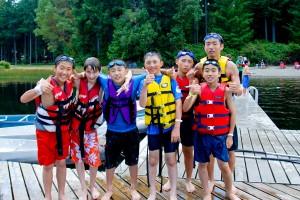
Photos courtesy of Crista Camps
With all the activity options kids have to choose from these days, it can be challenging to determine which experiences are worth the investment of time (our kids’) and money (our own). Here are a few of the reasons why a week—or a summer—at camp should be at the top of your short list:
Camp promotes autonomy and resilience.
There is a reason why the term “helicopter camp counselor” will never catch on the way “helicopter parent” has. While many parents are investing boundless time and energy protecting their kids from potential failure, camp offers a respite from that overprotection, an opportunity for young people to safely venture out, fall off the horse—or more likely, out of the canoe—get back up and learn something about what they’re truly capable of in the process.
Camp is a place for kids to belong.
Rituals are an integral part of camp. From silly chants that accompany the nightly walk from dining hall to campfire to the long-established traditions of skit night or closing ceremony, each camp has it’s own rituals, and they are huge part of the experience, helping immerse campers fully in the culture of camp and producing a keen sense of belonging. For some kids, that sense of inclusion may not exist outside of camp. The camp experience offers not only a shared identity but also a way to discover and strengthen shared values or faith.
Camp strengthens social skills.
Increased screen time is making it more difficult for kids to acquire and strengthen social skills, which are as vital to success as academic skills, and essential to building and maintaining healthy relationships. Camp offers an opportunity to chip away at this social skills deficit. A 2014 study published by UCLA researchers found that after spending just a week at camp, away from on-screen media, sixth graders were better at reading the nonverbal emotional cues of those around them, a key indicator of social/emotional intelligence.
Camp cultivates relationships.
Camp enables kids to expand their social networks. Social expectations—while not entirely absent—are often softened at camp; boundaries that exist in school settings are blurred. Some camps also provide the opportunity for kids to build friendships with a diverse group of peers, bringing together kids from varying faith backgrounds, socio-economic groups and ethnicities, as well as providing a place for kids with varied interests to find common ground.
Peer relationships aren’t the only ones that thrive in a camp environment. Kids also have the chance to form bonds with adults who aren’t in parent or teacher roles and opportunities to practice interacting with adults without mom or dad prompting them or speaking for them.
Camp provides affirmation.
Because of the variety of activities and challenges offered at camp, kids are empowered to discover and take pride in what makes them unique, even when those traits are well outside the bounds of what’s celebrated at school or even at home. A good camp counselor will work to bring out the best in each camper, helping him or her discover new passions and strengths. This affirmation of abilities and value leads to self-confidence that follows kids long after the closing camp ceremony.





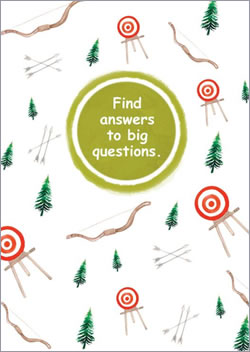
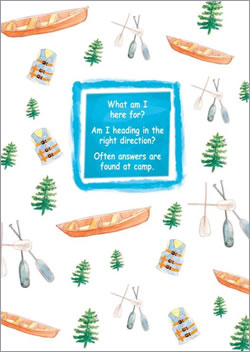

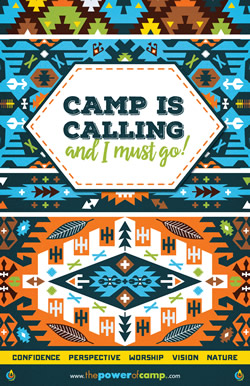
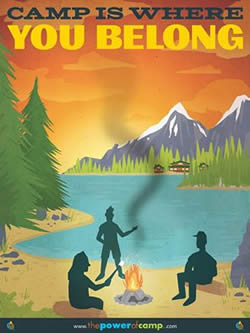

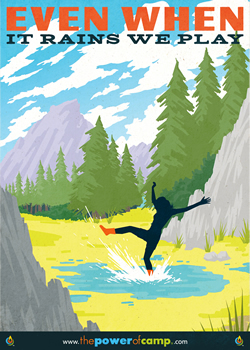
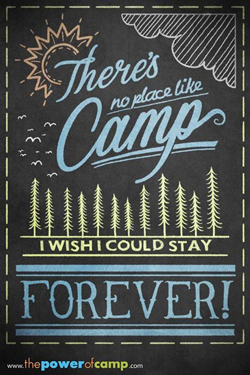
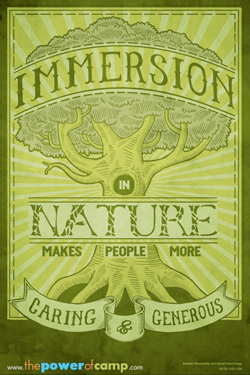
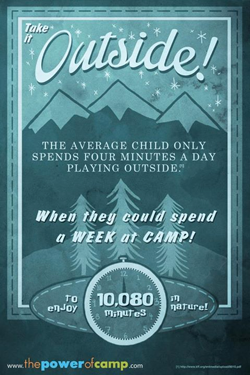

 INSTAGRAM
INSTAGRAM FACEBOOK
FACEBOOK TWITTER
TWITTER YOUTUBE
YOUTUBE